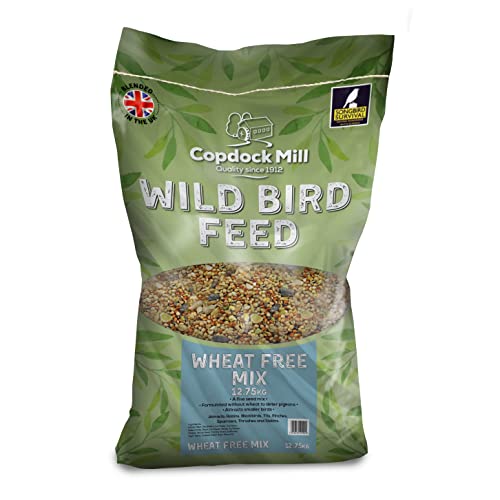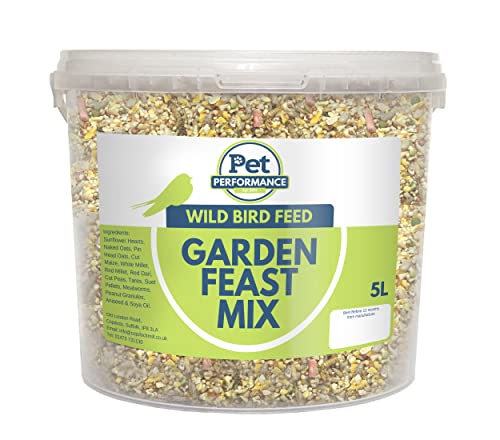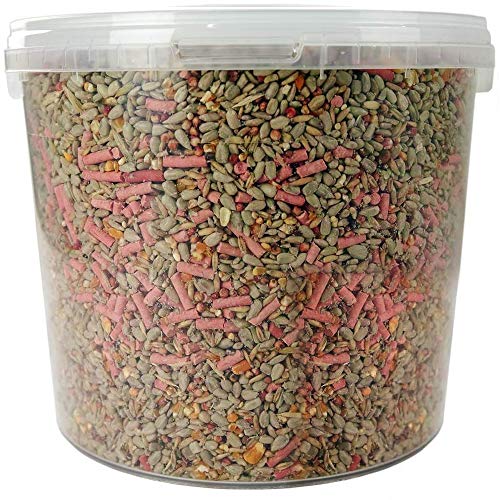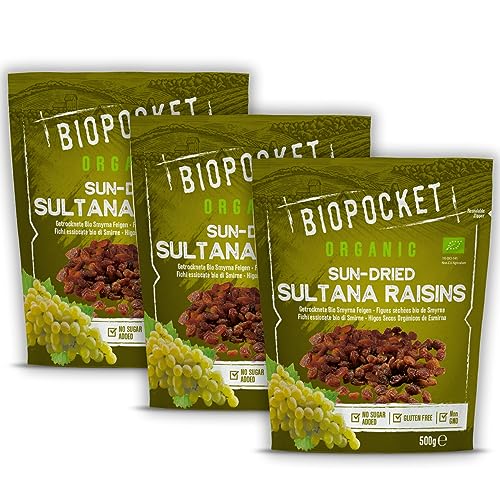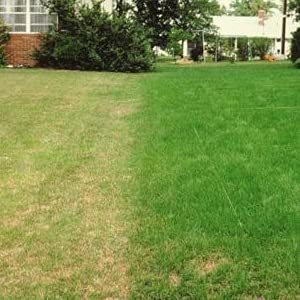Understanding Winter Bird Feed: What It Is and Why It Matters
What is winter bird feed?
Winter bird feed consists of a variety of seeds, nuts, and other food sources specifically designed to support birds during the cold months. These foods are high in energy and essential nutrients, which help birds maintain their fat reserves and keep warm in harsh weather. Without proper nutrition in winter, many birds struggle to survive, and providing appropriate bird feed can play a crucial role in their conservation.
Why is it important to feed birds in winter?
Feeding birds in winter becomes especially important when natural food sources, such as insects and seeds from plants, are scarce. In snow-covered landscapes, many birds find it hard to locate food, and offering winter bird feed helps increase their chances of survival. Additionally, feeding birds can enrich your garden and provide you with a delightful experience, as you may attract a variety of species that you might not see during other times of the year.
Types of Winter Bird Feed: Choosing the Right One for Your Feathered Friends
Seeds, suet, and fruit: what should we consider?
When selecting winter bird feed, it’s essential to consider the types of birds you wish to attract. Sunflower seeds are a popular choice, loved by many bird species. For more energy-dense options, suet cakes, which are made from animal fats and seeds, can be very appealing in colder months. Dried fruits can also attract certain birds, providing a sweet treat they find energising.
Understanding nutritional needs of birds
Different bird species have varying dietary needs. While some birds prefer seeds, others may need more fat in their diet, particularly during winter. Knowing the typical visitors to your garden can help guide your choices, ensuring that you’re serving up something suitable. Research local birds’ preferences and consider mixed feeds that include various ingredients to attract a wider audience.
How to Set Up Your Winter Bird Feeding Station: A Step-by-Step Guide
Location matters: where to place your feeder
The location of your bird feeder can significantly influence its success. Position it in a quiet area near natural cover, like trees or shrubs, to provide birds with a sense of security. Avoid placing it too close to windows to prevent collisions and keep it well away from feeding stations where predators like cats might lurk.
Choosing the right feeder type
Different feeders cater to different bird preferences and feeding habits. Tube feeders are excellent for sunflower seeds and are easy to refill and clean. Platform feeders provide a spacious area for multiple birds to dine, while suet feeders are tailored for those energy-packed cakes. Choose the feeder type based on the birds you want to attract and your garden’s design.
Maintaining cleanliness and freshness of feed
Keeping feeders clean is important, as spoiled food can lead to diseases that harm birds. Regularly empty your feeders and rinse them with a mild bleach solution to prevent mould. Replace old seed with fresh feed every two weeks to attract birds consistently and promote their health.
Top Recommendations for Winter Bird Feed: Best Products on the Market
Seed mixes that stand out
When searching for the right seed mix, consider brands offering high-quality, blends meant for winter feeding. Look for options that feature black oil sunflower seeds, peanuts, and millet, providing a diverse selection that will satisfy many birds. Check for organic offerings that assure you about the absence of harmful chemicals.
Suet cakes worth trying
Suet cakes are a great way to provide birds with concentrated energy. Select those made with rendered fat and packed with seeds, nuts, and fruits. Manufacturers that combine multiple ingredients often entice a broad range of feathered friends. Pay attention to the presentation; visually appealing packaging often indicates attention to quality.
Frequently Asked Questions About Winter Bird Feeding
How often should we refill the bird feeders?
In general, it’s best to check your feeders daily, especially during harsh weather conditions when birds may rely on them heavily. If you notice high traffic at the feeder, refilling it more frequently will ensure a consistent food supply for your feathered visitors.
What if squirrels are raiding the feeders?
Squirrels are notorious for raiding bird feeders. To deter them, consider using feeder designs that incorporate squirrel baffles or opt for feeders with weight-activated closures that only allow birds to feed. Strategically placing feeders away from large trees can also minimize the chance of squirrel hijinks.








